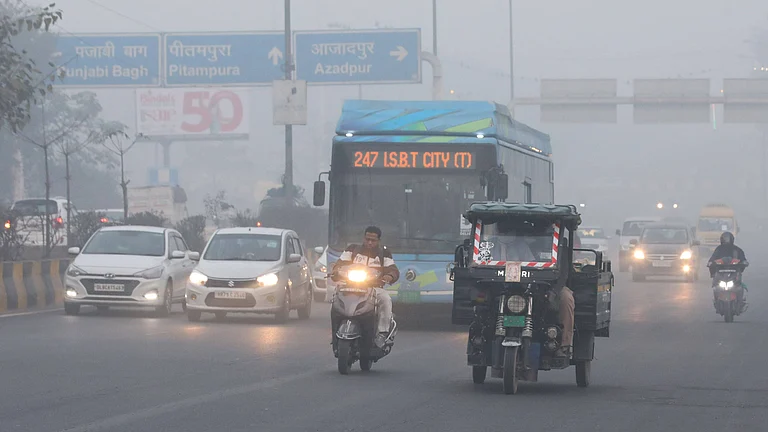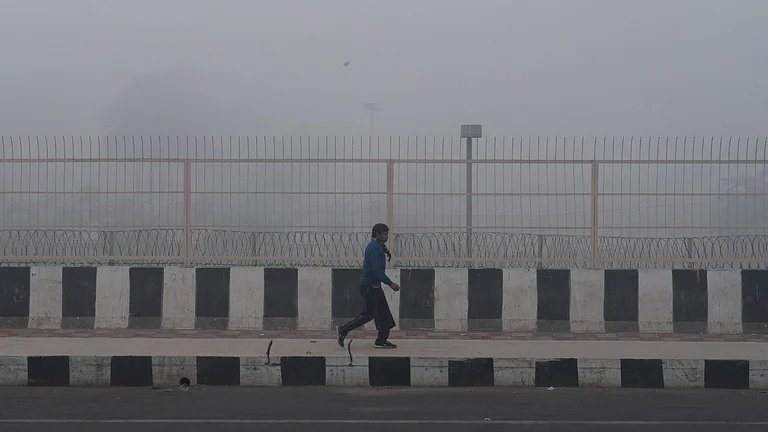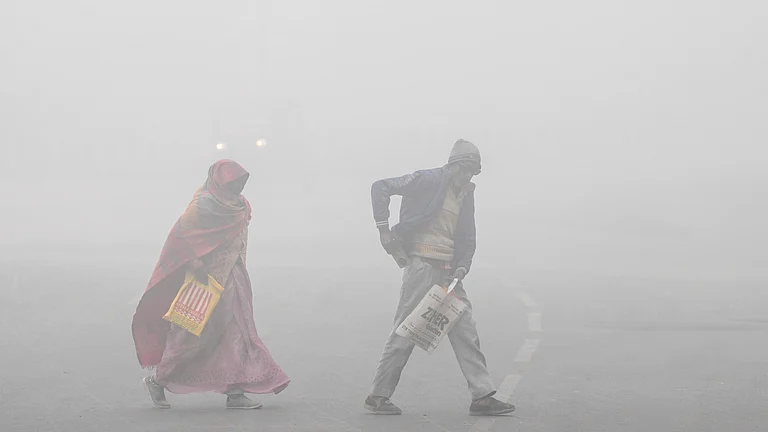Civil Society Organisations have urged the Delhi government to reconsider its proposal to incinerate 100 per cent of the city's waste, a statement said.
According to the statement released on Friday, the CSO had written a letter to the Delhi government to stop further expansion of Waste-to-Energy (WTE) incineration projects in the Delhi/NCR region.
It emphasised that when the Air Quality Index (AQI) falls into the "poor" category, WTE operations under the Graded Response Action Plan (GRAP) should be suspended.
The letter highlighted the need for systemic changes in waste management, including the effective enforcement of local bylaws, waste minimization, source segregation, and stricter penalties for non-compliance.
The Commission for Air Quality Management (CAQM) activated stage two of the GRAP on October 21, implementing measures like increased water sprinkling to reduce dust, a ban on firecracker use, higher parking fees, and improved public transport services, the statement read.
Despite these efforts, the burning of 7,250 tonns of unsegregated municipal solid waste each day in the city's four existing WTE incinerators continues to contribute significantly to pollution, it claimed.
The statement mentioned, "Even the recent CSIR-National Environment Engineering Research Institute report submitted to the National Green Tribunal (NGT) has warned against this technology and its negative health impacts on the community and the environment and about 1 of every 3 children have lung-related issues. "
However, there are plans underway to increase incineration to an additional 6,000 tons of mixed waste per day by 2027, bringing the total to about 13,300 tons of waste burned daily in Delhi by that time, it noted.































